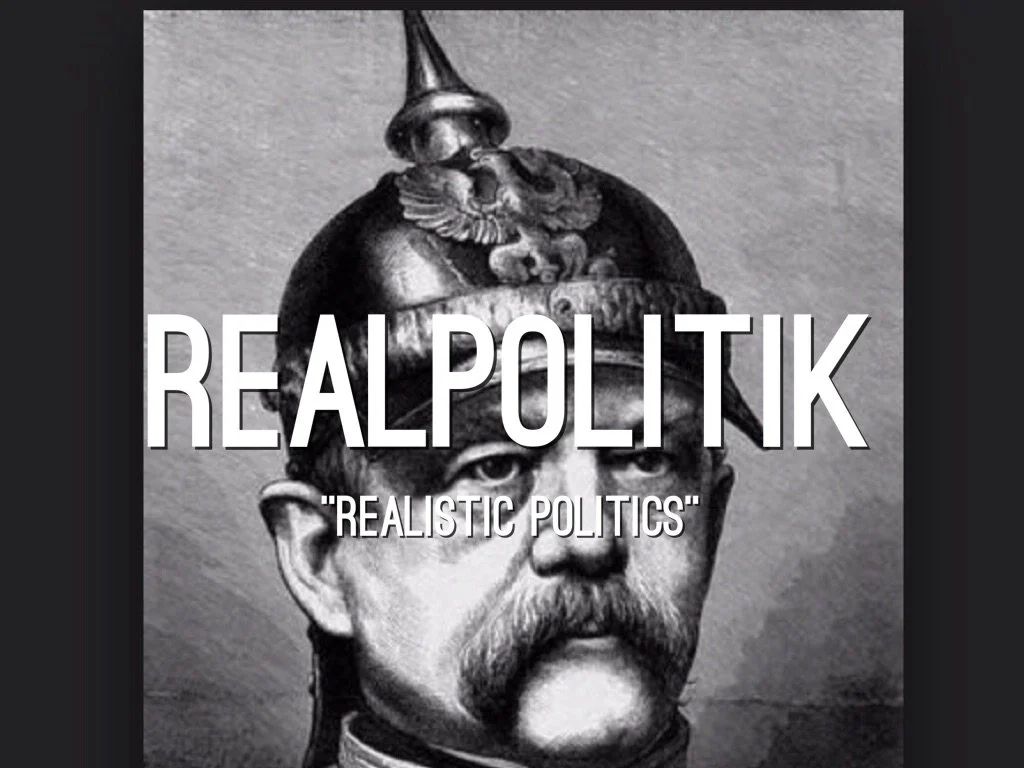Christianity is not first the study of a book, or a new ethic, or a set of doctrines, as important as all those are. It is, instead, a lived experience. Or more carefully? Christianity is a felt telos: a orientation to life that filters and orients all our other experiences (even going to football games!). More specifically still, Christianity is (or can be) life in the third member of the Trinity: the Holy Spirit. And that is because the Spirit is a person, not a forcefield, not an it. In this episode I think pastorally and personally about life in God's Spirit. During the show's opening I reflect on the pastors—the Black Robed Regiment—who helped to foment the American Revolution. Would that revolt have occurred if it were up to today's pastors and priests? Why does that question even matter?
All in Reasons for Your Belief
334 RfYtB (7) Election—Israel as Proof for God
Election is a thoroughly biblical doctrine. Among many—Protestants especially—election goes to the matter of who is eternally saved, or not. But that's not where the Bible begins with the doctrine of election, and it's not even where Jesus began in his practice of election. No, instead? Election has to do with mission, being called to mission, and sharing in the mission of God's redemption of creation. With that formulation as a foundation, why then are the Jews so globally hated? Why, across all of written history, have the Jews been so targeted for pogrom, genocide, and Holocaust? And with that, why are the Jews so deeply hated and targeted for massacre today?
332 RfYtB (6) My RealPolitik, The Moral Goodness of Hell
A Christian engagement with politics is idealistic, right? I mean, don't Christians want both a righteous messiah and an earthly Nirvana? Not me. I explain why I do engage politically, noting my historical and theological reasoning. In the show's second part I work through the topic of hell. Can we say God is loving if he sends people there? Can we say God is just if he sends people there? Well, actually, I believe there are profound reasons to suggest that hell is morally good. Let's be more nuanced.
330 RfYtB (5) Afloat on Culture, Jesus “JUST as he was”
Which is more influential, the culture or the Church? Man, it's not even close! How do we know? One crisp way: examine what church leaders are doing. Take Pope Francis, for example. Conservative life-long Roman Catholics are beside themselves with how Francis is either working around or apart from Church tradition. The reality is we are living in an era that mirrors the 16th century Reformation for its significance. I also suggest an approach for when you're in a debate. Finally I examine the a priori assumptions and methodology of the Jesus Seminar. Just who was Jesus as he was?
329 RfYtB (4) 2am Mozart?, Parsing the word 'Faith'
This episode's content in order: a Sawtooth mountain campfire conversation; a from-the-future newscast; recognizing patterns; prayer to wake and shake; how to play it when you're outmatched in a conversation; carefully defining the meaning of faith; faith as Holy Spirit-ual attunement; the Jesus Seminar on Gospel manuscripts; and, the bulk of textual evidence behind the New Testament. Please, come think and laugh with me!
328 RfYtB (3) Organ of Divine Vision, Honest about Errors
Had a grand talk with my mom last week. Turning philosophical it was about the organ of vision, the sensus divinitatis, that characterizes human nature; we cannot help but spectate about transcendence. This episode's latter half touches on ancient copyists errors in the process of biblical formation; concerning truth it's better to be frank than pompous (re. covering up embarrassments). I also variously muse about politicians who go vacant in front of cameras, what to do when you're outgunned in a conversation, and how the Dems might play 81million's next roll out. Come laugh and think with me.
327 RfYtB (2) Normal Doubting? Biblical Authority?
Reasons for You to Believe, #2. Is the version of the Bible we have in English accurate? In ancient history was it, as some scholars assert, ever taken and manipulated? I begin working through the process—the canonization process—of how we came to have our Bible. Also tackled in this episode: a) is it okay to have some doubts about the Christian faith? b) what is the perfect argument that precedes faith in God? c) what was Jesus' own Bible? and, d) a new election season UN-song!
326 Reasons for You to Believe (1) The Empirical Proof of Evil
What are the good reasons, if any, through which one could believe in Christianity? In this first episode of a series I work an apophatic argument, one by negation: the existence of evil. Evil is so common as to be empirically beyond question. But the Christian worldview goes further: it calls evil by the name sin. Why? I also consider more questions one might ask one's dialogue partner when it comes to conversations about life. Are opinions arguments? Are emotional stories legitimate arguments? Oh, and then, what about Trump's mugshot? Come laugh and think with me!







